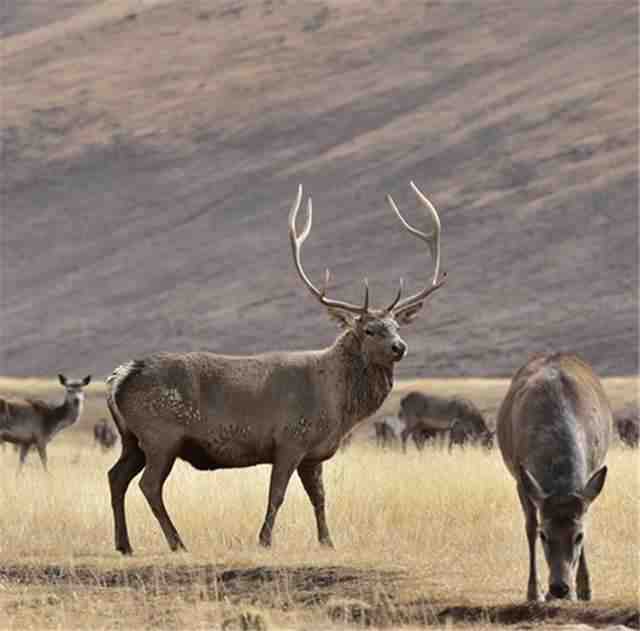
Cervus elaphus wallichii
Cervus elaphus wallichii,Cervus wallichi,Cervus elaphus affinis,Cervus canadensis wallichi ,Shou Cervus, Red deer Tibetan subspecies, Red deer Tibetan subspecies, Sikkim red deer
The Tibetan red deer, Shou Cervus in English, is a species endemic to the Ti···
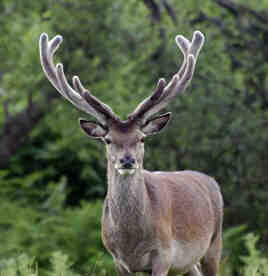
Cervus canadensis
Cervus canadensis,Wapiti, Alashan Wapiti, Izubra/Manchurian Wapiti, McNeill’s Deer, Merriam’s Wapiti, Shou, Siberian Wapiti, Tien Shan Wapiti, Tule Elk,Cerf Wapiti,Uapití,, red deer, eight-forked deer
Red deer, also known as Wapiti in English, is a large deer species. Due to d···
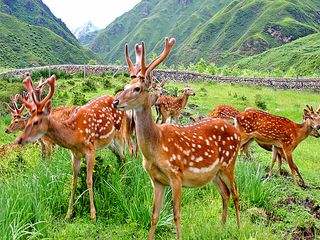
Cervus nippon
Cervus nippon,Sika Deer,Flower deer, deer
Sika deer, also known as sika deer in English, is a small to medium-sized de···
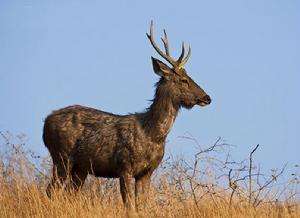
Rusa unicolor
Rusa unicolor, Sambar, Indian Sambar, Sambar Deer,Indischer Sambarhirsch, Pferdehirsch, Sambar,Cervus unicolor Kerr,Black deer, spring deer
Sambar, also known as the water deer in English, has 8 subspecies and is the···
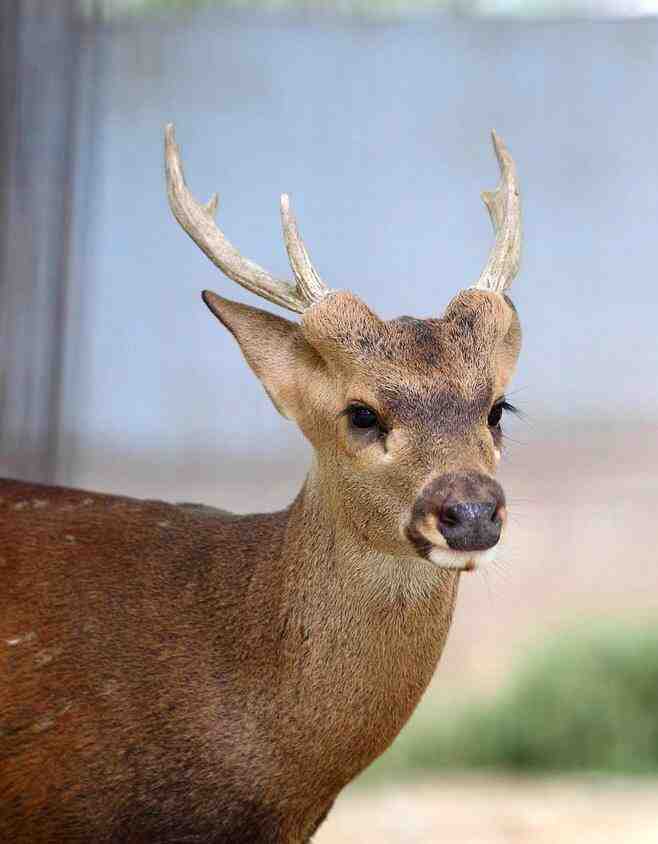
Axis porcinus
Axis porcinus, Hog Deer, Indian Hog Deer, Indochina Hog Deer, Indochinese Hog Deer, Thai Hog Deer,Cerf des Marais, Cerf-cochon, Cerf-cochon d'Indochine,Ciervo Porquerizo de Indochina , Indischer
Hog Deer, also known as Hog Deer in English, has 3 subspecies and is a mediu···
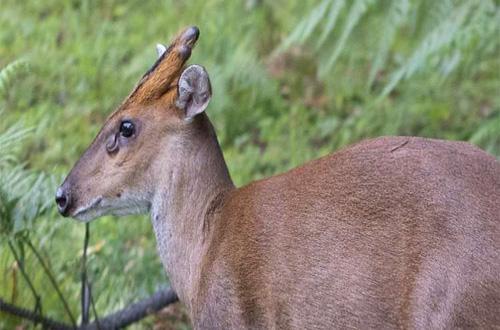
Muntiacus gongshanensis
Muntiacus gongshanensis,Gongshan Muntjac,Muntjac, Green Muntjac, Black Muntjac
Gongshan Muntjac has no subspecies and belongs to the medium-sized muntjac.G···
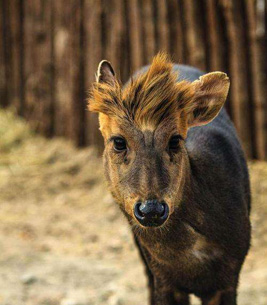
Muntiacus crinifrons
Muntiacus crinifrons,Black fronted Muntjac,Black and gold muntjac, shaggy muntjac, red-headed muntjac, muntjac, green muntjac
Black fronted Muntjac is a larger species of muntjac, and its appearance is ···
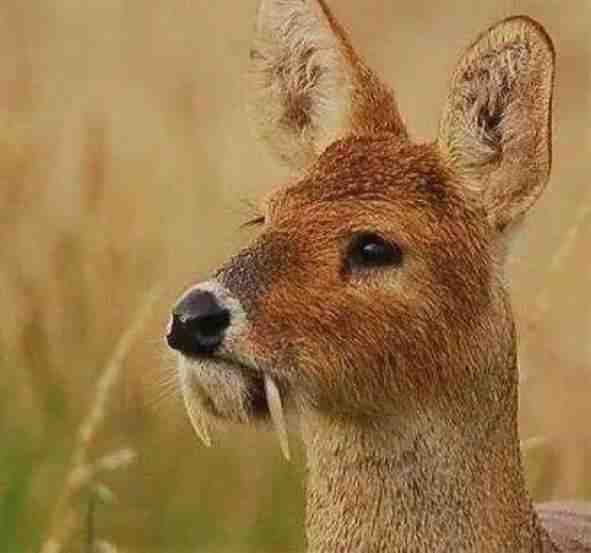
Water deer
Musk deer, musk deer, horse deer, musk deer, river muntjac
獐外文名River Deer,有2个亚种,比麝略大。《本草纲目》说注:“獐无香,有香者麝···
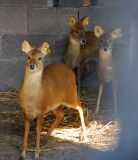
Musk deer
Moschus moschiferus
The Taiga Musk Deer has three subspecies and is a small mammal.Musk deer oft···
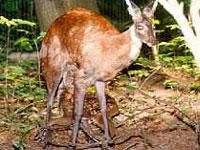
Himalayan Musk Deer
Tibetan Musk Deer
Himalayan Musk Deer, with no subspecies, is one of the six species of musk d···
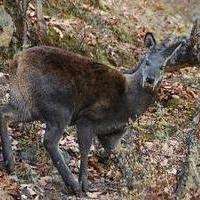
Black Musk Deer
Brown muntjac, black muntjac, muntjac
Black Musk Deer has no subspecies and is similar in shape to the forest musk···
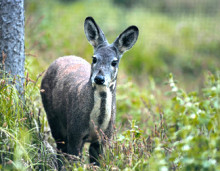
Dwarf musk deer
southern musk deer, forest musk deer, black musk deer, forest musk deer, musk deer
The foreign name of Forest Musk Deer is Forest Musk Deer. There are 5 subspe···
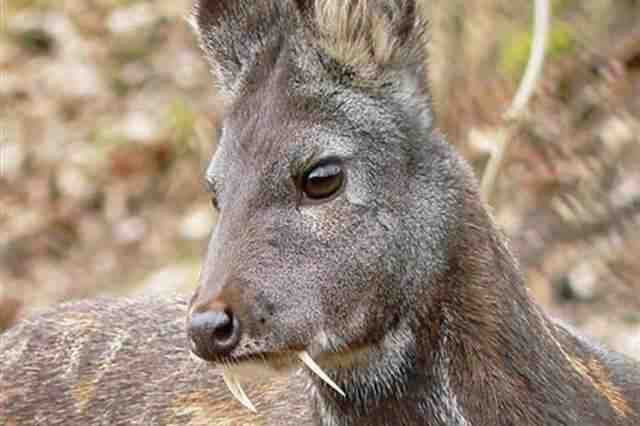
Anhui Musk Deer
Anhui musk deer is also known as Anhui musk deer in English. Since the Anhui···
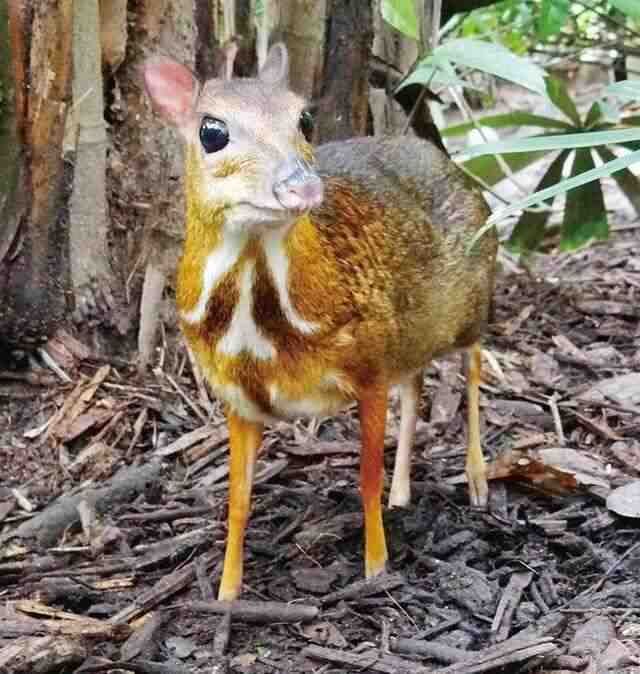
Wilbur's mouse deer
Tragulus williamsoni
Williamson's Chevrotain, also known as Williamson's Chevrotain in En···
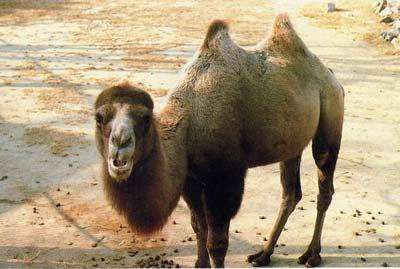
Wild Camel
Camelus ferus
Bactrian Camel, a monotypic species, a giant ungulate, with no valid subspec···
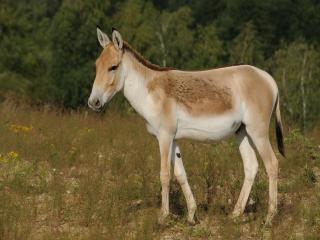
Asiatic Wild Ass
Asian wild ass, wild ass, asian wild ass
Mongolian wild ass has the foreign name Asiatic Wild Ass, which has 5 subspe···
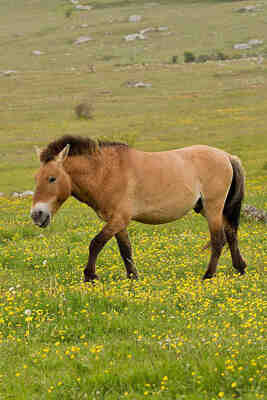
Przewalski's Horse
Wild horse, Asian wild horse, Mongolian wild horse, Junggar wild horse
Przewalski's Horse is a large ungulate mammal.Przewalski's horses ar···
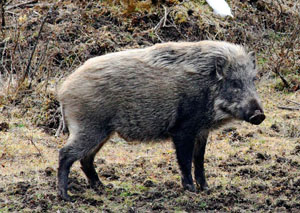
Sus scrofa
Wild boar, mountain boar, pig fat, Eurasian wild boar
Wild boars are medium-sized mammals with 20 subspecies. They have a sturdy b···
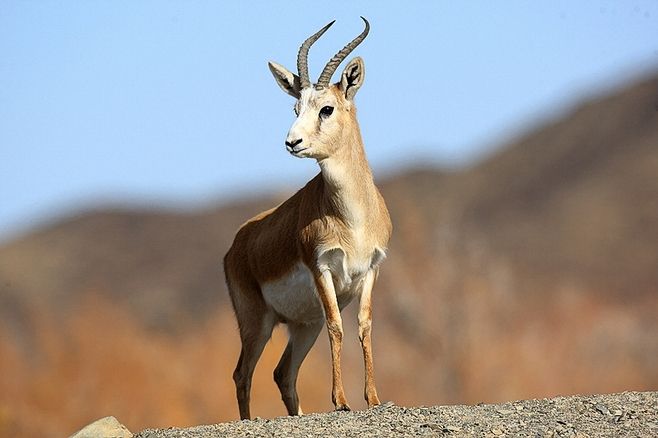
Gazella subgutturosa
Antelope, gazelle, goitered gazelle, long-tailed gazelle
The goitered gazelle is a typical animal that lives in desert and semi-deser···
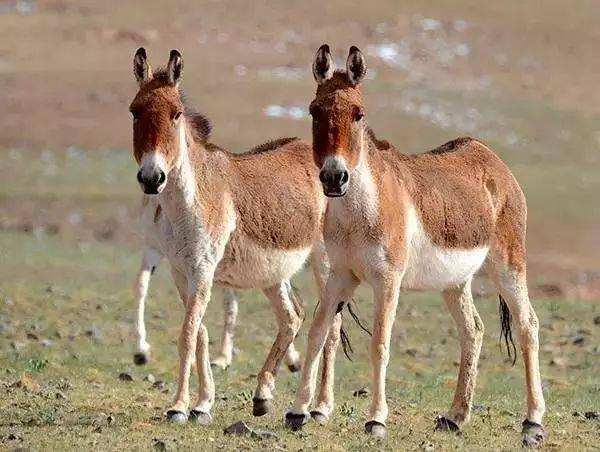
Equus kiang
Tibetan donkey, wild horse
The Tibetan wild donkey is a unique animal on the Qinghai-Tibet Plateau. It ···
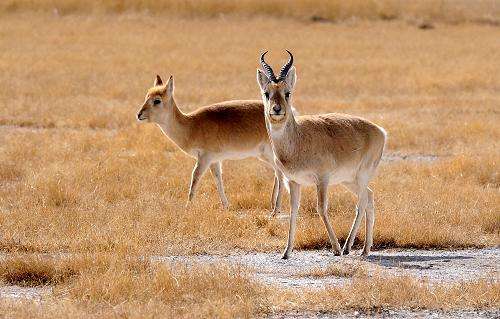
Procapra przewalskii
Yellow sheep, beach yellow sheep, beach gazelle, horned gazelle
In 1875, Russian naturalist Przewalski discovered this animal unique to Chin···
